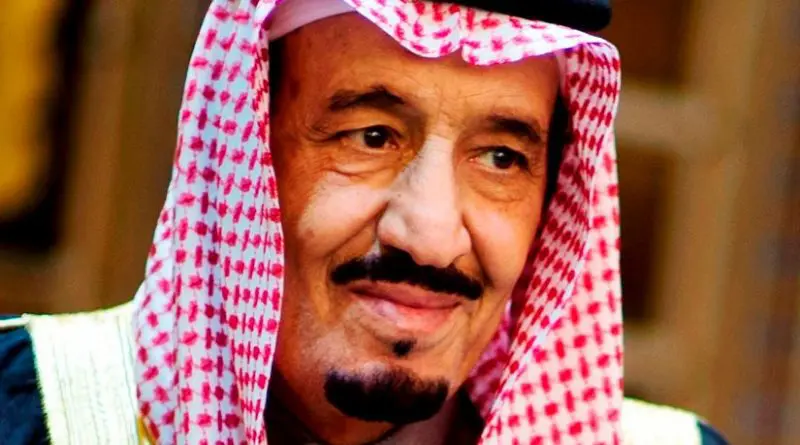Saudi Arabia Unveils Largest Budget In Kingdom’s History
By Arab News
By Frank Kane And Noor Nagali
Saudi Arabia will spend more in 2018 than at any time in its history, King Salman announced in Riyadh during the annual budget statement.
Government expenditure will next year amount to a projected SR978 billion ($260.8 billion), up from SR890 billion this year. Additional spending by development funds is set to bring total public expenditure to more than SR1.1 trillion in 2018.
The National Development Fund will fund housing, industrial and mining projects in addition to packages stimulating the private sector, according to the Saudi Press Agency (SPA). The Public Investment Fund (PIF) will also fund new and existing projects next year.
Despite this higher level of spending, the budget deficit is set to fall further, to a projected SR195 billion. In 2017, the deficit is estimated at SR230 billion, below 10 percent of gross domestic product (GDP) for the first time since 2015, when the oil price collapse of the previous year hit the Kingdom’s finances and economy.
That level of deficit — at 8.9 percent of GDP in 2017— compares with around 15 percent in 2015 and 12.8 percent last year. Next year is expected to be the fifth year of budget deficits since the oil price collapse of mid-2014. But the gap in the Kingdom’s fiscal balance has not held back overall expenditure.
With revenue rising from SR692 billion this year to SR783 billion in 2018, the deficit is expected to fall to below 8 percent of GDP, the budget statement said. The statement confirmed that Saudi Arabia is expected to balance the books by 2023.
Rising oil prices in the second half of this year outweighed the impact of a contracting economy, which was estimated at minus 0.5 percent, but which is projected to jump to 2.7 percent in 2018.
King Salman said the big government expenditure was intended to continue the efforts to meet the Kingdom’s Vision 2030 reforms, which aim to increase the size of the national economy and sustain its growth.
He said that many programs had been launched within the framework of the Vision 2030 strategy.
“Dozens of programs have been launched to realize the goals of diversifying the economic base and empower the private sector to play a major role, in sustaining expenditure efficiency, in order to realize appropriate economic growth rates, mitigate the burden on the citizens and tackle possible impacts, in addition to supporting the private sector,” the king was quoted as saying by the SPA.
The budget also includes allocations for housing, government spending to spur growth, and measures to provide more employment opportunities for male and female citizens, the king added.
Crown Prince Mohammed bin Salman said: “Improving the living standard of citizens and diversifying the economy are our goal.
“We aim to reduce the budget deficit next year to be less than 8 percent of GDP despite the large and expansionary budget.
“We will achieve financial stability by stimulating the private sector to generate more jobs.”
He said that the measures already undertaken under Vision 2030 had produced “tangible results.”
Nasser Saidi, the former chief economist of the Dubai International Financial Centre (DIFC) and Lebanese economy minister, told Arab News that next year would be key for the Saudi economy.
“(It) will be a litmus test for private sector engagement in Saudi Arabia’s economy,” he said.
“Much hinges on providing the stimulus and incentives to the SME (small and medium enterprises) sector and women’s greater participation in the labor force.”

